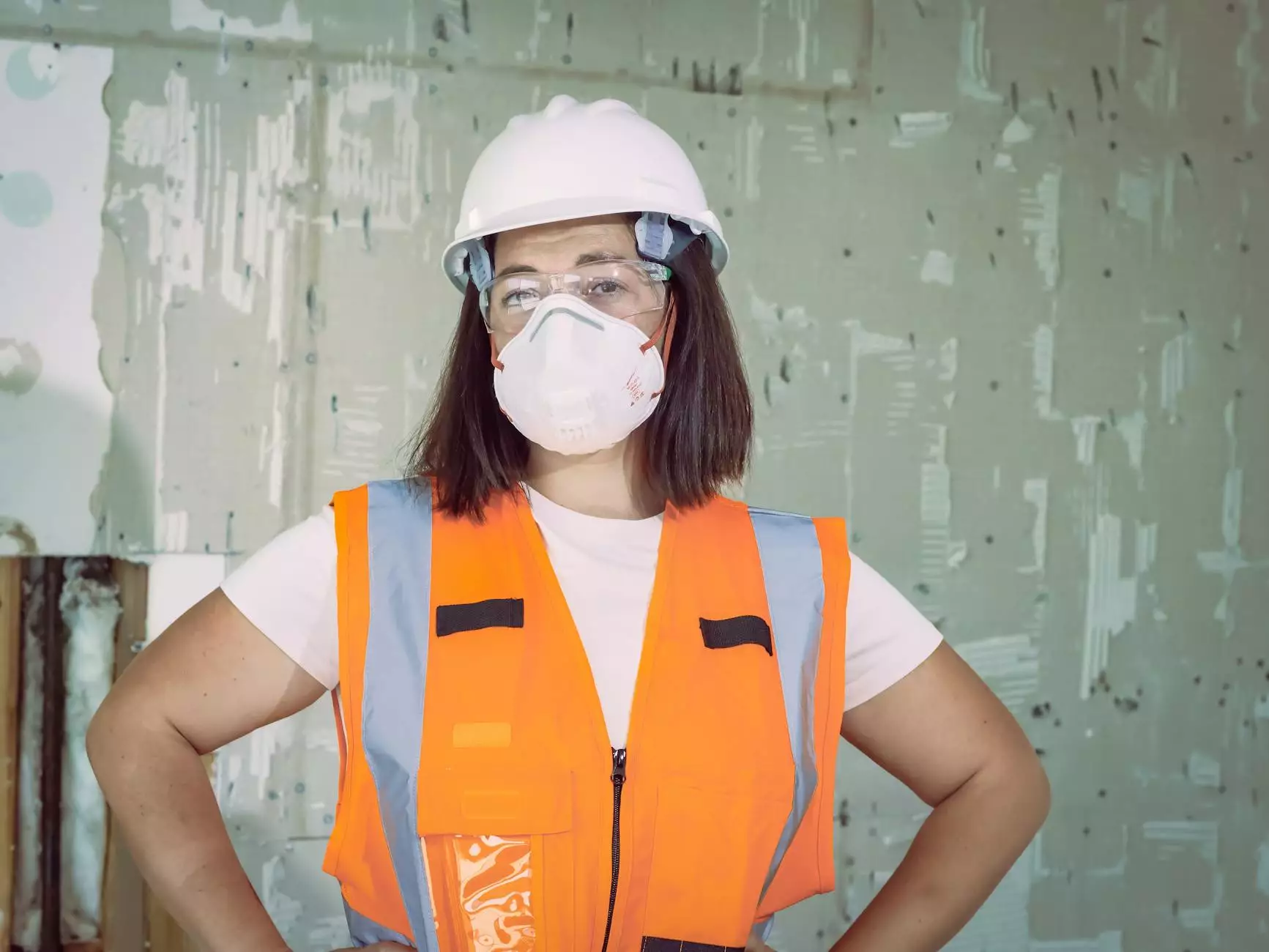Comprehensive Guide to Swimming Pool Repair

Owning a swimming pool can be one of life's greatest enjoyments. However, maintenance and repairs are essential to keeping your oasis perfect for fun and relaxation. Whether it's a small leak or a significant structural issue, understanding the intricacies of swimming pool repair can save you both time and money. In this extensive guide, we will delve deep into the world of pool repair, highlighting everything you need to know to maintain and restore your pool’s functionality and aesthetics.
Common Swimming Pool Issues
Before diving into repair techniques, it's crucial to identify common issues that pool owners face. Here are several frequent problems:
- Leaks: Often caused by cracks in the pool structure or plumbing issues.
- Cracks: Surface cracks can develop from weather changes or poor installation.
- Stains: From algae, rust, or debris settling on the pool surface.
- Pump failure: A malfunctioning pump can lead to stagnation and other serious issues.
- Tile damage: Loose or broken tiles can detract from your pool’s appearance and functionality.
Understanding Swimming Pool Repair
Swimming pool repair refers to a broad range of services aimed at restoring a pool to its original condition or improving its current state. Repair can include anything from fixing structural damage to replacing outdated equipment. Understanding the various types of repairs can help you take proactive steps in maintaining your pool.
Structural Repairs
Structural damage can vary from minor cracks to major leaks. It's crucial to address these issues as soon as they are detected:
Identifying Structural Damage
Regularly check for the following signs of structural damage:
- Visible cracks in the pool lining or gunite.
- Unexplained water loss — this can indicate a significant leak.
- Changes in water chemistry, leading to fluctuating pH levels.
Repairing Cracks and Leaks
The next steps for fixing swimming pool repair issues include:
- Drain the Pool: Before you can effectively repair cracks or leaks, the pool must be drained.
- Clean the Area: Remove debris and algae from the affected area.
- Apply Epoxy Sealant: For smaller cracks, a high-quality epoxy sealant can be used.
- Plastering: For larger damages, replastering the surface may be required.
Equipment Repairs and Maintenance
Maintaining your swimming pool equipment is essential to avoid costly repairs down the line. Here, we'll focus on common equipment issues including pumps, filters, and heaters.
Pump Repair
The pool pump is critical for circulation. If your pump is making unusual noises, or if water is not circulating properly, it may need repairs. Common issues include:
- Clogged Strainers: This prevents the pump from functioning effectively, leading to poor water quality.
- Wear and Tear: Over time, pumps can wear out and may need replacing.
Repairing Pool Pumps
To repair the pool pump, you should:
- Inspect the Motor: Check for overheating or unusual vibrations.
- Clean Filters: Regular cleaning can prevent blockages.
- Replace Gaskets: Worn gaskets should be replaced to ensure no leaks.
Pool Heater Repair
Water heater installation/repair is another crucial service often required by pool owners. A malfunctioning heater can ruin swim season excitement.
Common Pool Heater Issues
Here are some signs your heater may need repair:
- No Heat: The most obvious sign is when your heater fails to warm the water.
- Inconsistent Temperatures: Fluctuating water temperatures can indicate a failing heater.
- Strange Noises: Grinding or booming noises might suggest internal damage.
Steps to Fix Pool Heaters
When addressing heating problems, follow these steps:
- Check Power Supply: Ensure that the heater is receiving power.
- Inspect the Thermostat: It may require recalibration or replacement.
- Examine the Filter: A clogged filter can affect heating efficiency and may need cleaning or replacement.
Enhancing Pool Longevity Through Maintenance
Regular maintenance is crucial to prolonging the life of your swimming pool. Let’s explore some essential maintenance tips to keep in mind:
Regular Inspections
Conducting routine inspections helps in early detection of potential problems. Look for:
- Tile and coping integrity.
- Surface deterioration.
- Pump and filter performance.
Routine Cleaning
A well-maintained pool is less prone to damage. Regular tasks should include:
- Skimming Debris: Remove leaves and debris weekly.
- Brushing Walls and Floor: Prevent algae buildup by weekly brushing.
- Checking Chemical Balance: Regularly test and balance pH, alkalinity, and chlorine levels.
When to Call Professionals for Swimming Pool Repair
While many repairs can be DIY, there are times when it's better to call in the professionals. Consider professional help for:
- Major structural repairs that require extensive work or expertise.
- Complex plumbing issues that may be beyond your skill level.
- Heater repairs that might involve electrical work.
Conclusion
Investing in swimming pool repair and maintenance not only safeguards your investment but also ensures endless enjoyment for your family and friends. By understanding the common issues, applying the right repair strategies, and maintaining your pool correctly, you can enjoy your swimming oasis for many years to come. For any significant repairs or installations, make sure to consult with qualified professionals to leverage their expertise and ensure your pool is always in top condition. Explore more at PoolRenovation.com where you can find additional resources and expert services tailored to your specific pool needs.









